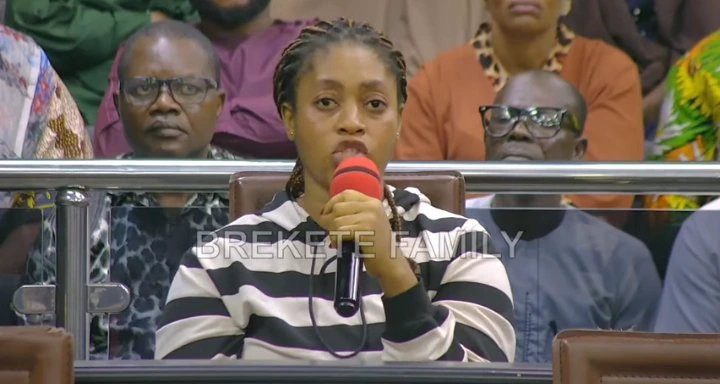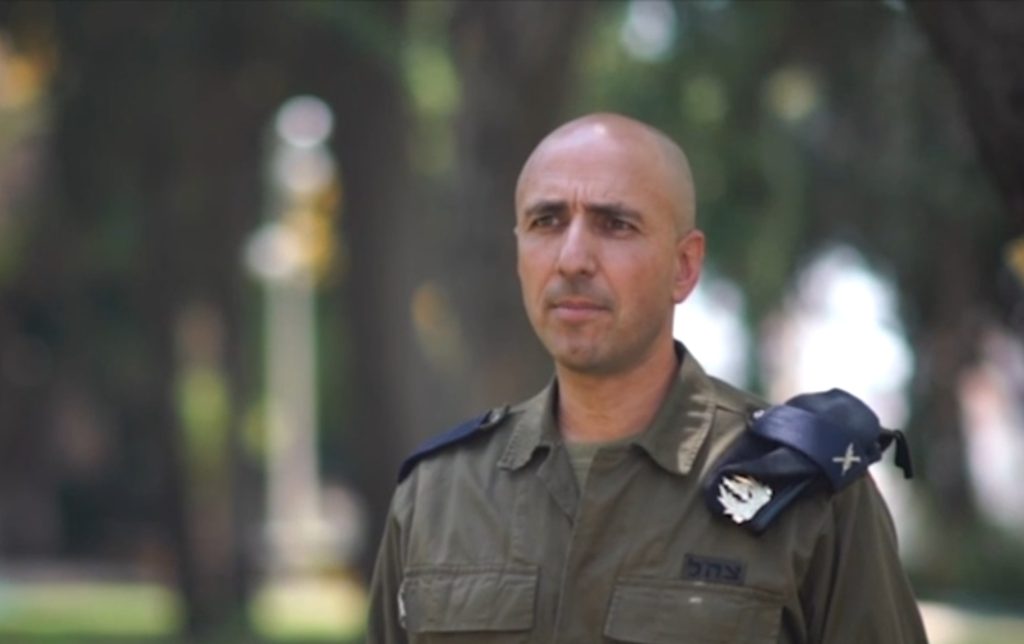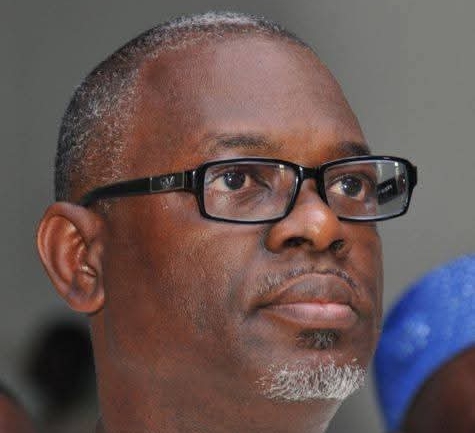Security
Muslim cleric: Pastors also commit crimes, religion not to blame
DDM News

The Chief Missioner of Nasrul Lahi-L-Fatih Society (NASFAT), AbdulAzeez Onike, has spoken about recent controversies in Nigeria.
During an interview with Diaspora digital media (DDM), he addressed the proposed Sharia panel in the South-West geopolitical zone.
He also discussed ritual killings and the significance of Ramadan in the Islamic faith.
Onike reacted to concerns about religious leaders being involved in ritual killings across the country.
He warned against linking crimes to any particular religion.
He emphasized that criminals exist in all faiths and should be treated as individuals.
A recent case involved a Muslim cleric in Ilorin, Abdulrahman Bello, who was arrested for murder.
Bello was accused of killing and dismembering a 25-year-old woman.
Onike condemned the crime but cautioned against associating such actions with Islam.
Pastors also commit crimes, says Onike
Onike stated that many pastors had been caught committing crimes.
He said crimes should not be attributed to a specific religion.
He pointed out that pastors had been arrested with human body parts in the past.
He argued that Christianity was never blamed for their crimes.
According to Onike, criminals should be held responsible as individuals, not as representatives of their faith.
He cited historical and contemporary figures who committed atrocities despite their religious backgrounds.
He mentioned Adolf Hitler, Charles Taylor, and notorious kidnapper Evans.
He noted that they were Christians but still engaged in heinous crimes.
Onike insisted that Islam condemns all forms of crime.
He urged the public to stop linking crimes to any religious group.
He said religion promotes peace, justice, and moral values.
Religious teachings discourage crime
Onike shared a story from Islamic teachings to illustrate his point.
A man once sought permission from Prophet Muhammad (SAW) to commit zina (fornication or adultery).
The Prophet asked if the man would accept such an act against his mother.
The man replied no.
The Prophet then asked if he would accept it for his daughter or wife.
Again, the man said no.
The Prophet advised that if he would not accept it for his own family, he should not do it to others.
Onike said this teaching reflects the true essence of religion.
He stressed that true believers should wish for others what they wish for themselves.
Pastors, clerics must uphold moral values
Onike urged religious leaders, including pastors and imams, to promote ethical values in society.
He said they must discourage criminal activities among their followers.
He warned against using religion as a cover for crimes.
He said true faith does not support wrongdoing.
He maintained that criminals exist in every religious group.
He insisted that their actions should not define an entire faith.
He reiterated that Islam, like other religions, stands firmly against crime.
He called for individual accountability rather than blaming religious groups.
He said pastors, imams, and clerics should not be held responsible for the misconduct of a few.
He encouraged Nigerians to focus on justice rather than religious bias.
For Diaspora Digital Media Updates click on Whatsapp, or Telegram. For eyewitness accounts/ reports/ articles, write to: citizenreports@diasporadigitalmedia.com. Follow us on X (Fomerly Twitter) or Facebook












